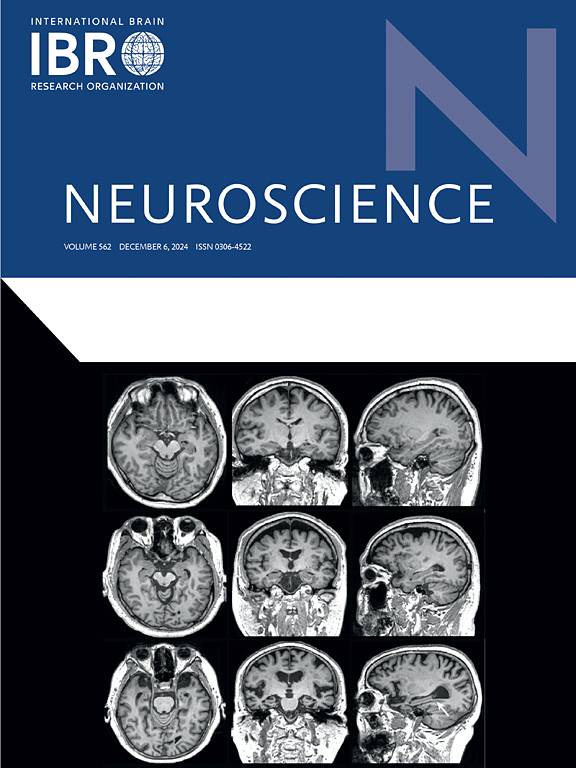Music-based intervention as a new therapeutic treatment for executive dysfunction in Parkinson’s disease
IF 2.9
3区 医学
Q2 NEUROSCIENCES
引用次数: 0
Abstract
Executive dysfunction is a prominent feature of cognitive impairment in Parkinson’s disease (PD), affecting approximately 42% of patients. Due to the lack of effective treatment options for the executive dysfunction, it may lead to more severe gait disorder, dementia and be difficult to recuperate. Current studies indicate that music-based intervention (MBI) is an innovative and vital treatment for executive dysfunction. This review aims to describe the ideas-MBI for treating executive dysfunction in PD. We summarize the existing protocols and clinical trials of MBI for treating executive dysfunction in PD patients and analyze its potential and shortcomings. At the same time, we try to present its mechanisms, future directions, and existing limitations. In this review, we found that the executive dysfunction is benefit from MBI via acing at auditory-executive brain network and emotion-executive pathway, in which the basal ganglia and frontal lobe play significant roles. While MBI show potential for improving executive dysfunction in PD, further investigation is needed. This should include randomized controlled trials with larger samples and different types of interventions to determine the most effective approach. In addition, electroencephalography and neuroimaging are also needed to explore the underlying neurophysiological mechanisms.

以音乐为基础的干预治疗帕金森病执行功能障碍的新方法
执行功能障碍是帕金森病(PD)认知障碍的一个突出特征,约42%的患者受到影响。由于缺乏有效的治疗方案,执行功能障碍可能导致更严重的步态障碍,痴呆和难以康复。目前的研究表明,基于音乐的干预(MBI)是治疗执行功能障碍的一种创新和重要的治疗方法。本综述旨在描述mbi治疗PD执行功能障碍的理念。我们总结了MBI治疗PD患者执行功能障碍的现有方案和临床试验,分析了其潜力和不足。同时,我们试图提出其机制,未来的发展方向和现有的局限性。本研究发现MBI可通过激活听觉-执行脑网络和情绪-执行脑通路改善执行功能障碍,其中基底神经节和额叶在其中起重要作用。虽然MBI显示出改善PD执行功能障碍的潜力,但还需要进一步的研究。这应该包括更大样本的随机对照试验和不同类型的干预措施,以确定最有效的方法。此外,还需要脑电图和神经影像学来探索潜在的神经生理机制。
本文章由计算机程序翻译,如有差异,请以英文原文为准。
求助全文
约1分钟内获得全文
求助全文
来源期刊

Neuroscience
医学-神经科学
CiteScore
6.20
自引率
0.00%
发文量
394
审稿时长
52 days
期刊介绍:
Neuroscience publishes papers describing the results of original research on any aspect of the scientific study of the nervous system. Any paper, however short, will be considered for publication provided that it reports significant, new and carefully confirmed findings with full experimental details.
 求助内容:
求助内容: 应助结果提醒方式:
应助结果提醒方式:


